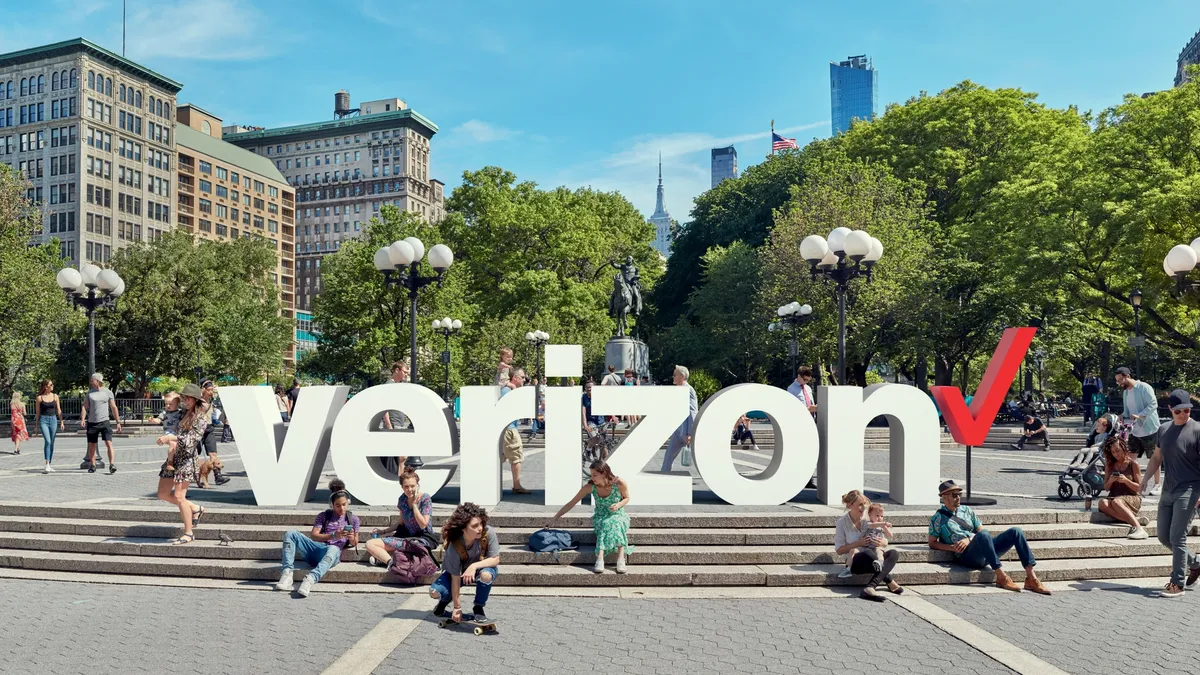Dive Brief:
- Verizon announced that, as of Thursday, customers can preorder the Samsung Galaxy S10 5G, the manufacturer’s first 5G smartphone. Additionally, Verizon announced 20 more cities where it will launch 5G mobile service in 2019.
- The Samsung phone will be exclusively available for Verizon customers for a limited time and retails for $1,299.99 (although Verizon is offering incentives for a trade-in and upgrades to a 5G data plan).
- Verizon’s 20 new cities are: Atlanta; Boston; Charlotte, NC; Cincinnati; Cleveland; Columbus, OH; Dallas, Des Moines, IA; Denver; Detroit; Houston; Indianapolis; Kansas City, MO; Little Rock, AR; Memphis, TN; Phoenix; Providence, RI; San Diego; Salt Lake City and Washington, DC.
Dive Insight:
Verizon launched mobile 5G in parts of Chicago and Minneapolis earlier this month and has promised to get into 30 cities by the end of the year. The announcement of the 20 additional cities moves Verizon closer to that goal, although it has not detailed how and when it will roll out to the additional cities. The list of 5G cities does represent a broad geographic mix and includes several mid-size cities, although Verizon is still not making any promises for rural customers in the early going.
Telecoms are racing to be the leaders in mobile 5G, which offers data speed fast enough to download a movie in mere seconds. AT&T has debuted a 5G-capable hotspot device, and Sprint has said it will put 5G in nine cities this year. Sprint is also banking on its proposed merger with T-Mobile to accelerate its 5G rollout.
In both Chicago and Minneapolis, Verizon’s 5G scope has been limited to certain downtown areas, and The Verge has reported that finding a signal in those areas was difficult. Because 5G relies on widespread installation of small cells to spread the signal through dense urban areas, the rollout could be slow and limited for customers, even in the early 5G cities, to say nothing of rural areas. Still, early installation will help cities get a jump on the smart cities applications of 5G, including widespread use of internet of things sensors, connected vehicles and smart grid technology.










